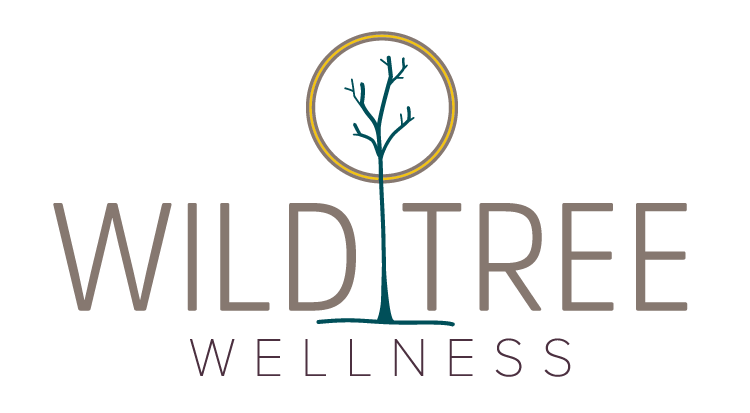What is Burnout? Do I Have It? Am I One?
Burnout. We hear the term all the time. What is it? Burnout is a state of emotional, mental and physical exhaustion caused by excessive and prolonged stress. Burnout happens when you are feeling overwhelmed and unable to meet increasing and constant demands and you start to lose the motivation or interest that brought you to a certain role in the first place. Being in a state of burnout reduces productivity, takes away your energy and leaves you feeling helpless, hopeless, cynical, and resentful. At some point you may actually believe that you have nothing left to give. Most people have days where they feel under-appreciated, unrewarded, or overworked. The negative effects of feeling burned out can spill over into other areas in life. Burnout can even make you susceptible to illness! As much as I would love to have everyone feel like a valued, cherished member of society I know that the nature of life is stress inducing. Follow these 3 R’s of dealing with burnout to maintain health and well-being.
Recognize – Create awareness to watch for the signs of burnout. Are you tired? Irritable? Just don’t wanna? Can’t even? You may be burning out.
Reverse – Undo the damage by managing stress and seeking support.
Resilience – Build your resilience to stress by taking care of your physical and emotional health.
If you are experiencing burnout and do nothing about it, it may get worse. However, if you are able to create balance in your life you may be able to both prevent burnout and prevent total maniacal breakdowns that have you imagining the days when “the circus came to town” and how you could showcase your talents for them to consider taking you out of your life to dazzle the world with your uncanny ability to not shower! Here are some tips for keeping the scales in balance:
- Start the day with a relaxing ritual: spend at least 15 minutes doing something just for you: meditating, writing in a journal, drinking coffee, sitting really still and staring out the window, gentle stretching, reading something that inspires you, etc.
- Adopt balanced eating, movement, and sleeping habits: when you eat right for your body, engage in regular movement, and get rest you have more energy aka more resilience.
- Set boundaries: Learn how to say “no” to requests on your time. If you find this difficult, remind yourself that saying “no” allows you to say “yes” to the things you truly want to do.
- Take a daily break from technology: put away your laptop, turn off your phone, stop checking social media platforms (sidenote: Netflix is technology, so no Netflix)
- Nourish your creative side: Creativity is a powerful antidote to burnout. Start a fun project or resume a favorite hobby. Choose activities that have nothing to do with the current area of burnout.
- Be PROactive about managing stress!
Written by Emily Carlson, MA
Photo credit: pexels.com
